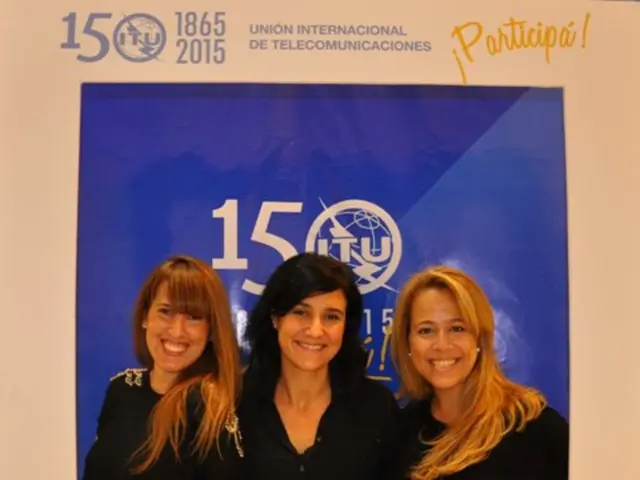Title: Tchibo Takes a Loss to Aldi South
In a heated skirmish over budget-friendly brews, discount retailer Aldi Süd emerged victorious against coffee conglomerate Tchibo. The Regional Court of Düsseldorf dismissed Tchibo's lawsuit against the discount store (case number 14 d O 14/24), leaving Tchibo contemplating its next move. The court found Aldi Süd's selling of its Barissimo coffee at a cut price harmless to competition and devoid of any intention to wipe out rival businesses.
The legal battle erupted as Tchibo accused Aldi Süd of undercutting the market since the end of 2023 by peddling its Barissimo blend below its break-even cost price. This, Tchibo alleged, was an infringement of competition law. The coffee goliath sought a prohibition on Aldi Süd's cheap coffee sales.
However, the court discredited Tchibo's claims, characterizing Aldi Süd's actions as commercially sound. The court spokesperson underscored the absence of any threat to the competition and no obvious attempt to oust other players from the market. Aldi Süd celebrated the court's verdict, pledging to defend its stance should further challenges arrive.
The cost price calculation entails accounting for the product's acquisition cost, along with packaging, insurance, and delivery expenses. In a remarkable price war, Aldi Süd retailed a 1kg pack at less than four euros, a price seemingly unprofitable for traditional retailers. Aldi Süd sources its coffee from its subsidiary New Coffee, enabling it to bypass conventional pricing structures. The coffee levy for roasted beans stands at 2.19 euros per kilogram.
Retailers in the food sector frequently employ a mixed pricing strategy, alternating between higher and lower margins. This tactic aims to draw customers into stores and bolster overall sales volume. Essential items like coffee, milk, and butter exert a powerful pull on customers due to their keen interest in pricing.
A pricing puzzle
Professor Johann Brüück, an antitrust lawyer based in Düsseldorf, finds the paradox of high global coffee prices and Aldi Süd's lower prices intriguing. The discount store, apparently, chooses to incur losses, a practice not legally unjustifiable.
"Aldi doesn't calculate costs for its own brands because it manufactures them in-house or procures them from contractors," explains Brüück.
Under these circumstances, coffee producers face an adverse situation. Selling at such low prices deteriorates the possibility of guaranteeing ethical conditions and fair wages in origin countries.
Coffee traders and roasters are under duress. The cost of raw coffee soared around 70% in the previous year, with Brazil, the primary producing nation, experiencing suboptimal harvests. Experts speculate that consumers will soon witness an increase in their coffee bills, with Tchibo already pronouncing unavoidable price increases.
Despite Tchibo's claims of Aldi Süd undercutting the market and violating competition law, the Regional Court of Düsseldorf ruled in favor of the discount retailer, deeming its trade of Barissimo coffee at reduced prices as harmless to competition and not aimed at eliminating competitors.
The ongoing trade of coffee between Aldi Süd and its competitors in the food sector presents a significant challenge, with Aldi Süd selling its Barissimo blend at low prices that traditional retailers find difficult to match. This pricing strategy, while benefiting consumers, poses ethical concerns for coffee producers and traders, as it may compromise their ability to guarantee fair wages and ethical conditions in origin countries due to shrinking profit margins.







